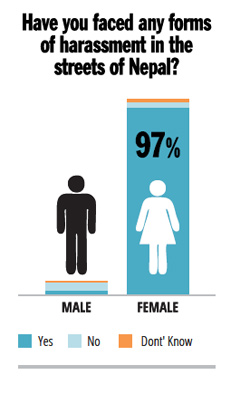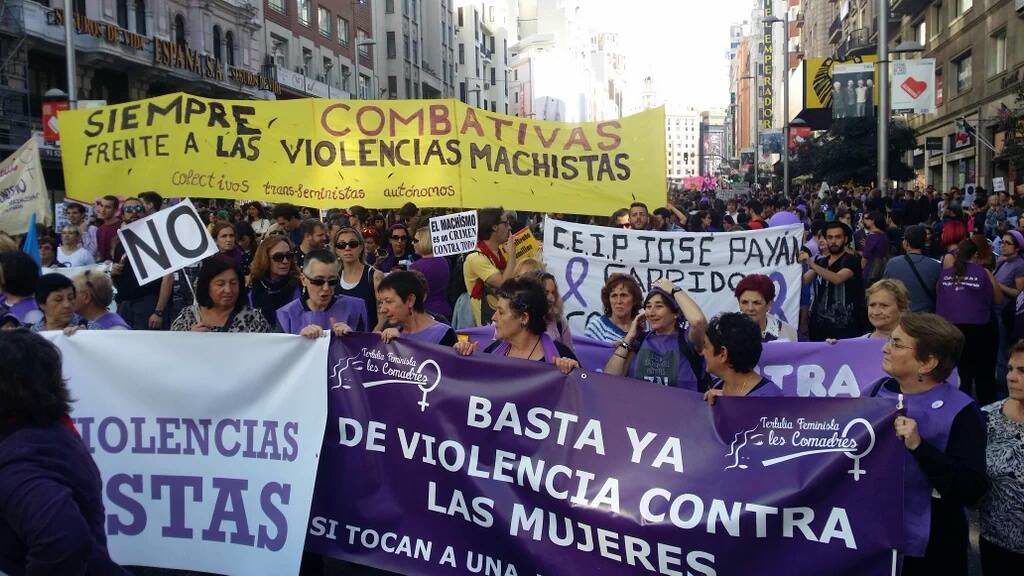Ken Rodrigo, Makati City, Philippines, SSH Blog Correspondent
 More than being the Philippines’ Hollywood and Metro Manila’s largest city, Quezon City recently made its mark as the first local government to enact a law penalizing street-level harassment. Enacted last May, the ‘Anti-Catcalling Ordinance’ intends to protect and empower women by imposing a fine and prison term for acts constituting sexual harassment in public spaces. While only women (and girls) may be victims under the local law, the offender may be of any sex.
More than being the Philippines’ Hollywood and Metro Manila’s largest city, Quezon City recently made its mark as the first local government to enact a law penalizing street-level harassment. Enacted last May, the ‘Anti-Catcalling Ordinance’ intends to protect and empower women by imposing a fine and prison term for acts constituting sexual harassment in public spaces. While only women (and girls) may be victims under the local law, the offender may be of any sex.
The ordinance proposed by lady councilor Lena Mari Juico is part of the Safe Cities and Safe Public Spaces Initiative of UN Women.
The ordinance divides violations into light, medium and severe. A person may be fined or jailed up to a month for committing light violations such as cursing, catcalling, repeatedly asking the subject for a date or her contact number, or taunting a woman with constant talk about sex. With the same penalties as light, medium violations include stalking, making offensive mouth, hand or body gestures with intention to demean or threaten a woman.
Acts such as unnecessary touching, pinching or brushing against the subject’s body, public masturbation or lascivious exhibition directed at a woman, or inserting any object into the genitalia, anus or mouth of a victim regardless of sex constitute severe violations which carry a higher fine or jail term from one month to a year. Corresponding penalties are also provided for repeated violations.
Victims may file a complaint at the women’s desk of police precincts or seek assistance by calling the Quezon City Police Department (QCPD) hotline. Other implementation measures were also set such as strengthening the ‘barangays’ or community administrations.
The attention gained by the ordinance allowed Filipinos to discuss the important yet neglected issue of street harassment. Some were delighted by the city’s initiative and called other cities to follow suit. There were others who wished for the policy to be a national legislation. However, those who disapproved criticized the ordinance’s penal provisions arguing that a jail term is disproportionate to the offense, and expressed concern about the vagueness of the acts constituting harassment, the feasibility of implementation, and the possibility of the abuse of the ordinance by women against men. While the breakthrough ordinance spells hope for the anti-street harassment movement, it also reflects the movement’s struggle with breaking misogynist culture.
The City of Stars shines bright with this safe public spaces initiative. It champions women’s rights and serves as a model for other cities. Next, the national government should include street harassment in its human rights agenda in order to meaningfully promote safe cities and public spaces throughout the country.
Ken is a teacher of international studies at a university in Manila. After law school, she traveled to Denmark and eventually studied in Malmö University in Sweden where she earned her master’s in Human Rights. You can contact her at krnrdrg@gmail.com or on Facebook.



